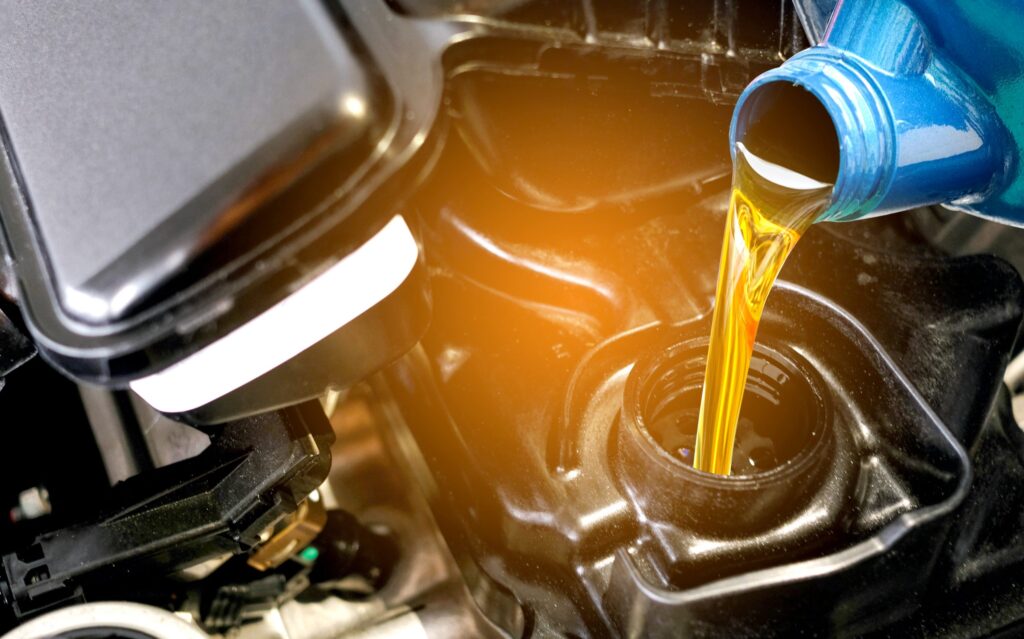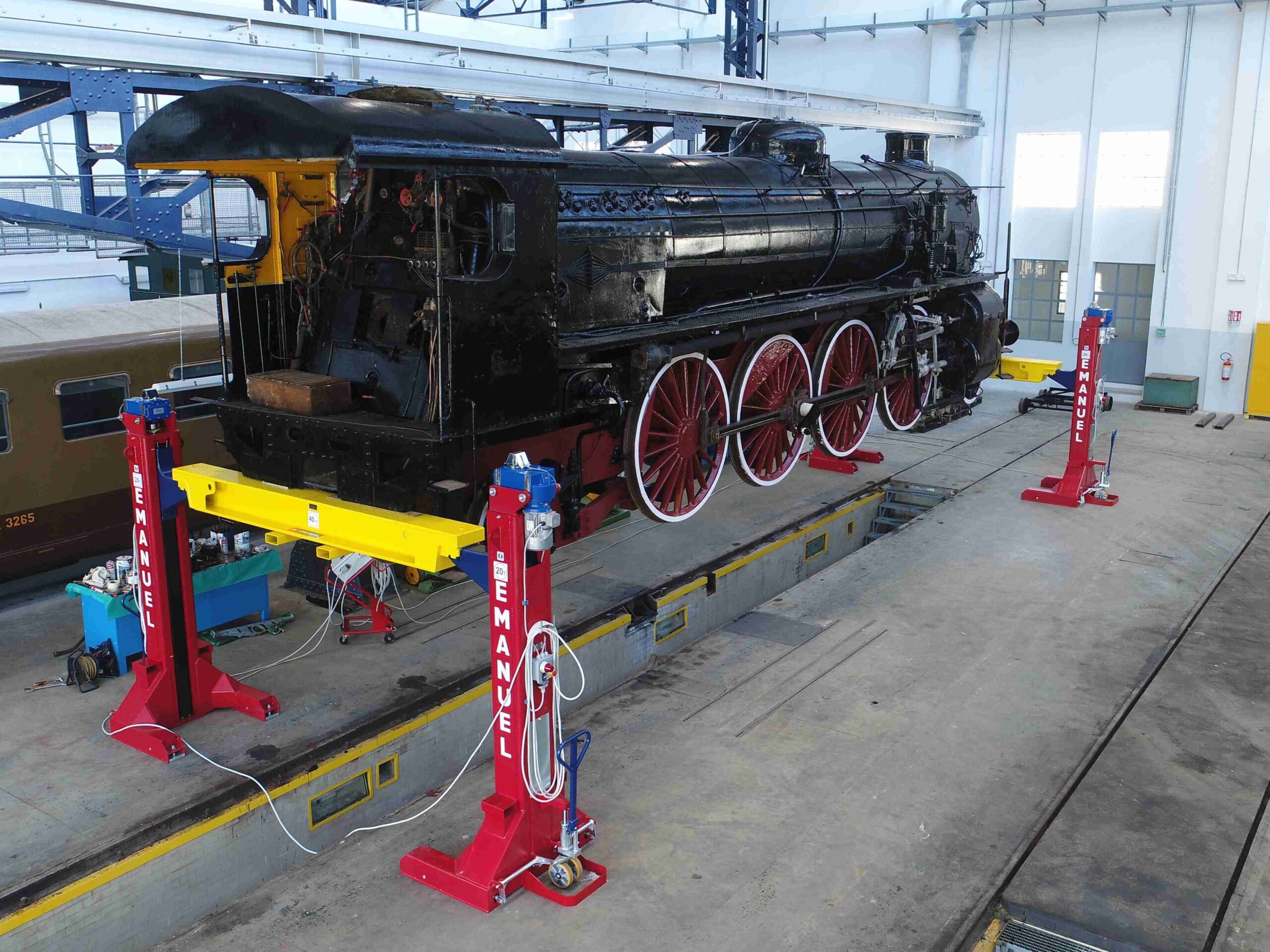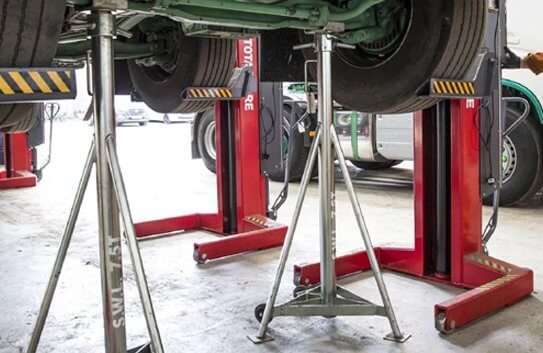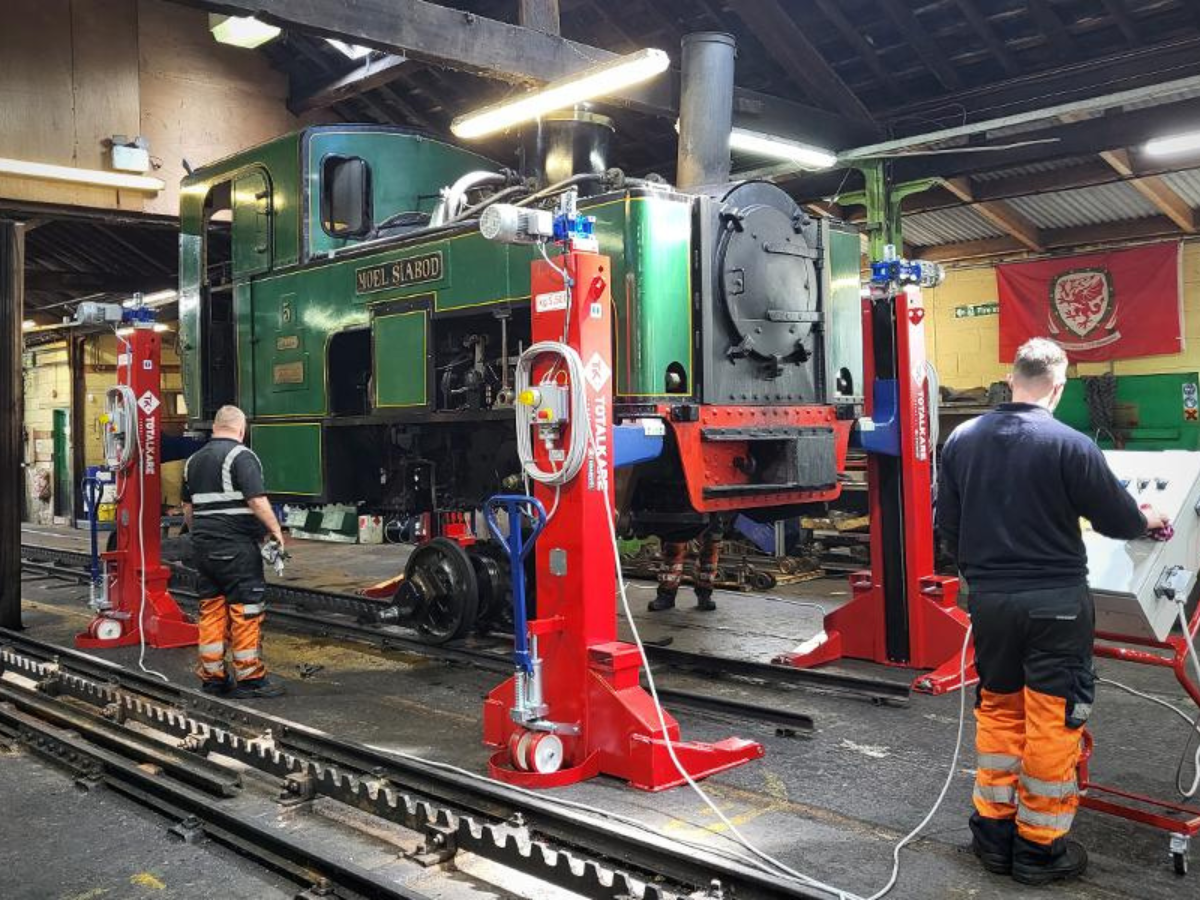With so much focus on tools and equipment, it’s easy to forget about the disposable stuff.
And when you’re running a workshop, your waste can be just as important as the things you buy and trade.

It’s not just about saving money and being efficient – there’s a huge responsibility for the safety of your workers and the effects your business has on the environment.
And when it comes to oil and how you manage it, it pays to understand what you’re dealing with.
Here’s what you need to know about oil and waste oil:
Does Used Oil Count as Waste Oil?
When we’re talking about vehicles and workshops, it’s safe to assume that any used oil is a waste oil.
In most cases, it’s all about the impurities.
When oils are used in vehicles – in places like engines, gearboxes, or compressors – that oil becomes contaminated with impurities.
Those impurities could be physical (like metal shavings or debris from the machinery they’re used in). Or the impurities could be chemical (created as a result of the chemical reactions between the oil and the machinery).
Once the impurities in the oil reach a certain level, that oil is no longer fit for purpose, and it gets drained from the machinery it was used in.
And once it’s not fit for purpose, that means it’s waste oil – and it shouldn’t be used again.
Are Mixed Oils Considered Waste Oil?
In most cases, any oil you use in a workshop has a specific composition, and it’s intended for a specific purpose in a specific type of machine.
If that oil becomes contaminated with another oil (or another substance), it usually won’t be fit for that purpose any more – and that means it becomes a waste oil.
We shouldn’t need to tell you that mixing chemicals is never a good idea! And in fact, even waste oils themselves have government guidance about whether or not they should be mixed.
When you’re managing oil and waste oil in your workshop, these are the fluids that you should never mix in any combination:
- Mineral, cooking, or halogenated oils
- Brake fluids
- Anti-freeze
- Washer fluids
- Or oil waters.
Does Oil Count as a Hazardous Waste?
In terms of a vehicle workshop, every oil you’re likely to work with should be considered a hazardous waste.
In fact, government guidance goes so far as to say that ALL waste oils are legally classified as hazardous waste (such as fuel oils, diesel, biodiesel, or lubricating oils).
There are a couple of tiny exceptions – such as edible oil and some biodiesel in certain circumstances.
But in almost every case you’ll encounter, oil is a hazardous waste – and that means your business needs to take it seriously.
What Does That Mean for Your Workshop?
The short answer?
Managing waste oil is a serious endeavour – and you need to have the right procedures, safety measures, and tools in place.
Any used oil that’s drained from your vehicles counts as a waste oil. And any waste oil that’s being stored in your workshop is a hazardous waste.
So if you’re taking your environmental and legal duties seriously (and you should be!), you need to be taking your oil management equipment seriously too.
And that means making sure that you’re:
- Removing or draining oil safely – with the right Waste Oil and Fluid Drainers
- Keeping your oils and fluids separate – with dedicated and organised Pumps, Hose Reels, and Hose Reel Stands
- And transporting and delivering your oils safely – with a purpose-built Mobile Oil Dispenser.
Looking for More Info about Oil Safety?
We take oil management seriously – and you should too.
The first step is to understand the government’s guidance – such as their regulations for oil storage, or their guide to pollution prevention for businesses.
And the next step?
Get the right tools in place – to help you stay safe, follow the law, and protect the environment.
Check out our full range of oil management equipment in our new online shop. And if you have any questions, you can drop a message to one of our experts to find out more.
This article was originally published by Totalkare.














